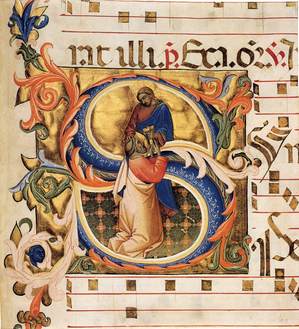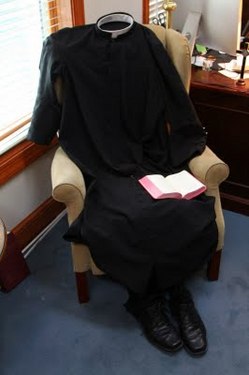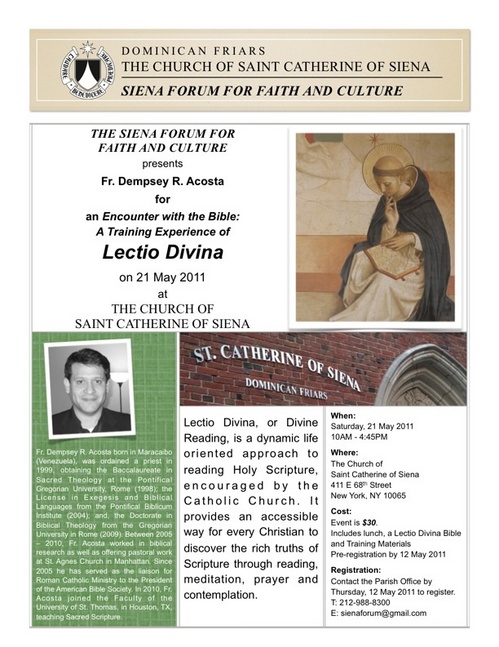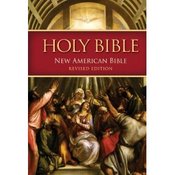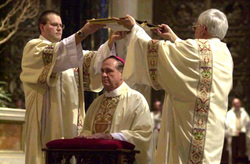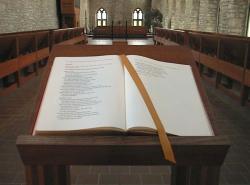In the Apostolic Exhortation Verbum Domini released today, I immediately started reading the document for what the Pope had to say about lectio divina. You may recall the Pope’s remarks for the 40th anniversary of Dei Verbum in 2005, he said lectio divina will bring about a spiritual springtime in Church. His words were:
“the diligent reading of Sacred Scripture accompanied by prayer brings about that intimate dialogue in which the person reading hears God who is speaking, and in praying, responds to him with trusting openness of heart (cf. Dei Verbum, 25). If it is effectively promoted, this practice will bring to the Church –I am convinced of it– a new spiritual springtime.”
No less than 16 times does His Holiness use the words lectio divina.
Here are some points of interest in Verbum Domini regarding lectio:
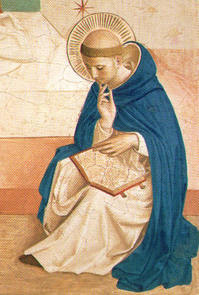
46. Listening together to the word of God, engaging in biblical lectio divina, letting ourselves be struck by the inexhaustible freshness of God’s word which never grows old, overcoming our deafness to those words that do not fit our own opinions or prejudices, listening and studying within the communion of the believers of every age: all these things represent a way of coming to unity in faith as a response to hearing the word of God.
48. The interpretation of sacred Scripture would remain incomplete were it not to include listening to those who have truly lived the word of God: namely, the saints. Indeed, “viva lectio est vita bonorum.” The most profound interpretation of Scripture comes precisely from those who let themselves be shaped by the word of God through listening, reading and assiduous meditation. It is certainly not by chance that the great currents of spirituality in the Church’s history originated with an explicit reference to Scripture.
82. Those aspiring to the ministerial priesthood are called to a profound personal relationship with God’s word, particularly in lectio divina, so that this relationship will in turn nurture their vocation: it is in the light and strength of God’s word that one’s specific vocation can be discerned and appreciated, loved and followed, and one’s proper mission carried out, by nourishing the heart with thoughts of God, so that faith, as our response to the word, may become a new criterion for judging and evaluating persons and things, events and issues. Such attention to the prayerful reading of Scripture must not in any way lead to a dichotomy with regard to the exegetical studies which are a part of formation. The Synod recommended that seminarians be concretely helped to see the relationship between biblical studies and scriptural prayer.
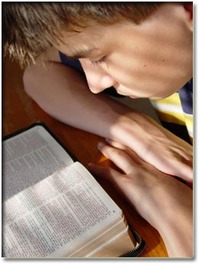
86. The Synod frequently insisted on the need for a prayerful approach to the sacred text as a fundamental element in the spiritual life of every believer, in the various ministries and states in life, with particular reference to lectio divina.
Devote yourself to the lectio of the divine Scriptures; apply yourself to this with perseverance. Do your reading with the intent of believing in and pleasing God. If during the lectio you encounter a closed door, knock and it will be opened to you by that guardian of whom Jesus said, ‘The gatekeeper will open it for him.’ By applying yourself in this way to lectio divina, search diligently and with unshakable trust in God for the meaning of the divine Scriptures, which is hidden in great fullness within.
For this reason, the privileged place for the prayerful reading of sacred Scripture is the liturgy, and particularly the Eucharist, in which, as we celebrate the Body and Blood of Christ in the sacrament, the word itself is present and at work in our midst. In some sense the prayerful reading of the Bible, personal and communal, must always be related to the Eucharistic celebration. Just as the adoration of the Eucharist prepares for, accompanies and follows the liturgy of the Eucharist, so too prayerful reading, personal and communal, prepares for, accompanies and deepens what the Church celebrates when she proclaims the word in a liturgical setting. By so closely relating lectio and liturgy, we can better grasp the criteria which should guide this practice in the area of pastoral care and in the spiritual life of the People of God.
87. The documents produced before and during the Synod mentioned a number of methods for a faith-filled and fruitful approach to sacred Scripture. Yet the greatest attention was paid to lectio divina, which is truly “capable of opening up to the faithful the treasures of God’s word, but also of bringing about an encounter with Christ, the living word of God.”
